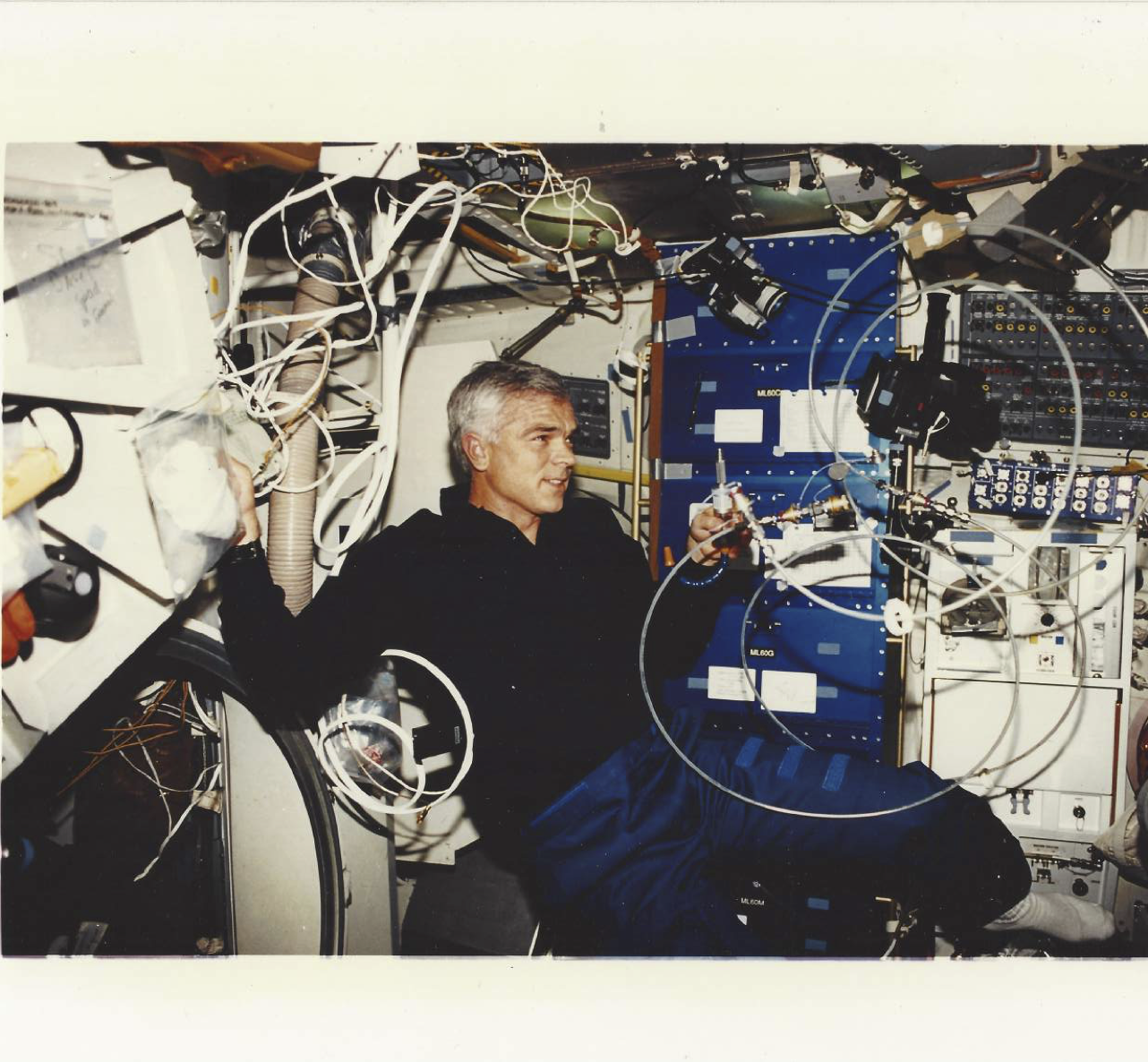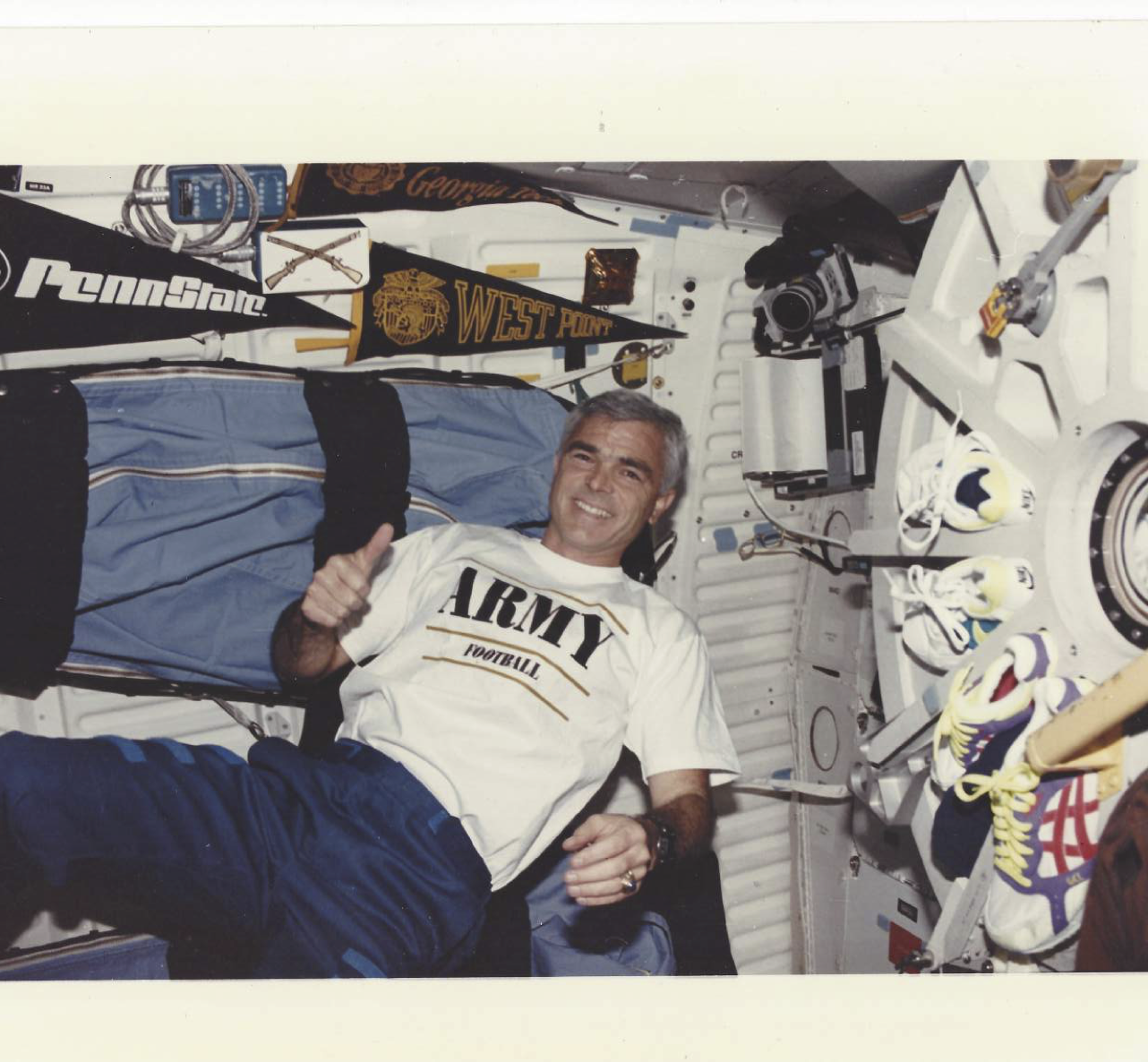After three space flights and 665 logged space hours as a NASA astronaut, I’ve learned there are no limitations beyond those you place on yourself. This mindset didn’t just help me succeed in my career. It also became a critical element of my ability to move forward when I was diagnosed with Parkinson’s disease more than 20 years ago.
Prior to my diagnosis, staying healthy and fit was a high priority for me—not just as an astronaut tasked with successfully carrying out key procedures during space missions, but also as a competitive racquetball player—and I routinely saw my doctor for annual flight physicals to ensure I stayed in peak condition. During one of these physicals, my life changed completely.


